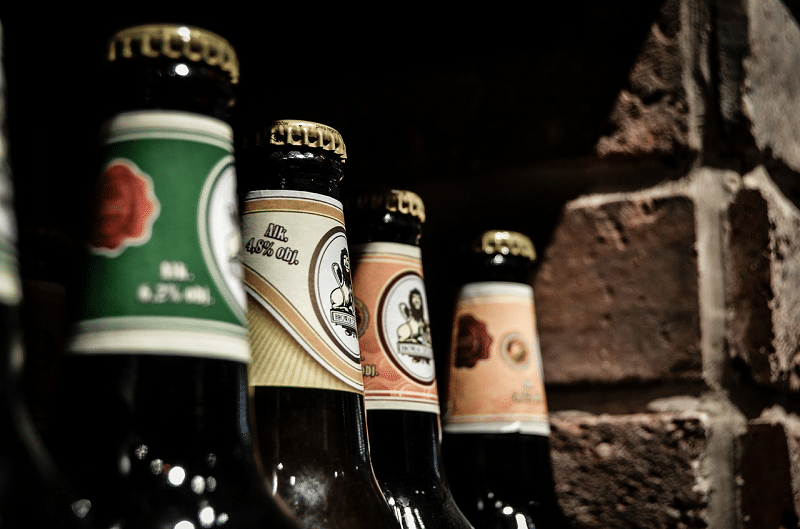
This is despite UK consumers spending an additional £1.9bn on alcohol in supermarkets since lockdown began, as consumers shifted spend following the mass closures of pubs and restaurants.
Nielsen data shows that in the 17 week period covering lockdown to 11 July 2020, UK consumers spent £7.7bn on alcohol in UK supermarkets, this is an additional £1.9bn compared to the same time last year. However, this increased expenditure has not represented ‘business as usual’ for alcohol manufacturers; the lack of on trade purchases – alcohol bought from restaurants, pubs and cafes – has led to a lower volume of alcohol sold overall.
In this same period, Nielsen data shows that beer was the most popular drink of the lockdown period, with sales totalling £2.2bn during the full 17 week period. This is an additional £737m spent overall on beer in supermarkets compared to the same time last year. Beer has become the drink of lockdown, with Nielsen data showing that in the week ending 30 May 2020 – which covered the bank holiday weekend – sales for beer skyrocketed to £167m, surpassing all weekly sales figures recorded in the last three years.
The increased demand for beer throughout the lockdown period is likely attributed to the relatively cheap price point and that it’s easy to store, allowing Brits to easily bulk buy and stock up on trips to the supermarket. The same can be said for cider, which followed a similar pattern, with sales increasing by 48% to £537m in the 17 week lockdown period, compared to the same time last year.
Though the standard lager offerings remain in stable growth (+£164m) Nielsen data shows that UK shoppers have been trading up to more premium lager brands during the lockdown period. Premium beer sales are growing at a much faster rate (+£452m) which suggests that shoppers have been treating themselves during lockdown to more expensive brands.
In other alcohol categories, Nielsen data shows that UK shoppers have also spent £2.4bn on wine, £516m more the same time last year. Sales of spirits have also increased during lockdown to £1.9bn, totalling almost £450m more than last year. In contrast, sales of Champagne fell by £9m. With Champagne being largely reliant on supermarket promotions, this decline in sales is likely a result of supermarkets cutting back on their promotions during the peak of the stockpiling period, whilst the economic difficulties as a result of the pandemic has also likely led to consumers having less to celebrate in lockdown.
Gemma Cooper, Senior Client Business Partner at Nielsen, said: “With an average of 46% of all alcohol spend typically going towards on-trade retailers such as pubs and restaurants, many consumers have shifted some of this spend to supermarkets during the lockdown period. While there is a perception that lockdown has been a boozy one and that we’re consuming more alcohol than normal, this is far from the case. Without being able to go out or socialise with others during the peak of the pandemic, and no access to dine-in pubs or restaurants, we have seen a natural decline in alcohol consumption even as at-home drinking increased.”
Cooper continues: “Beer has unequivocally been the drink of lockdown, and UK consumers have also enjoyed exploring beyond their usual brands and opting for more premium options. Now that many pubs and restaurants have reopened, it will be interesting to see how consumers’ alcohol spending adapts. While some will be desperate for the comfort of the local pub or the atmosphere of a restaurant, many are likely to remain cautious for the time being, choosing to drink at home with friends and family for a little while longer.”
